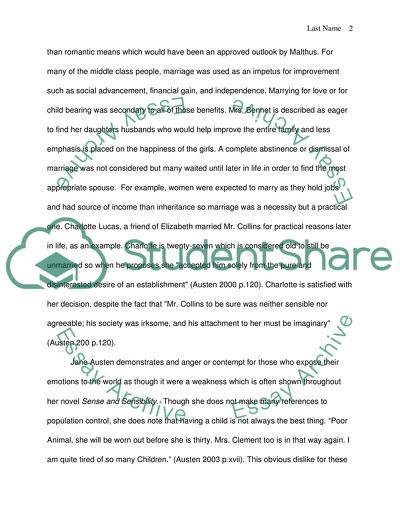Cite this document
(“Malthusian Reading of Jane Austen Research Proposal”, n.d.)
Retrieved from https://studentshare.org/literature/1565622-malthusian-reading-of-jane-austen
Retrieved from https://studentshare.org/literature/1565622-malthusian-reading-of-jane-austen
(Malthusian Reading of Jane Austen Research Proposal)
https://studentshare.org/literature/1565622-malthusian-reading-of-jane-austen.
https://studentshare.org/literature/1565622-malthusian-reading-of-jane-austen.
“Malthusian Reading of Jane Austen Research Proposal”, n.d. https://studentshare.org/literature/1565622-malthusian-reading-of-jane-austen.


